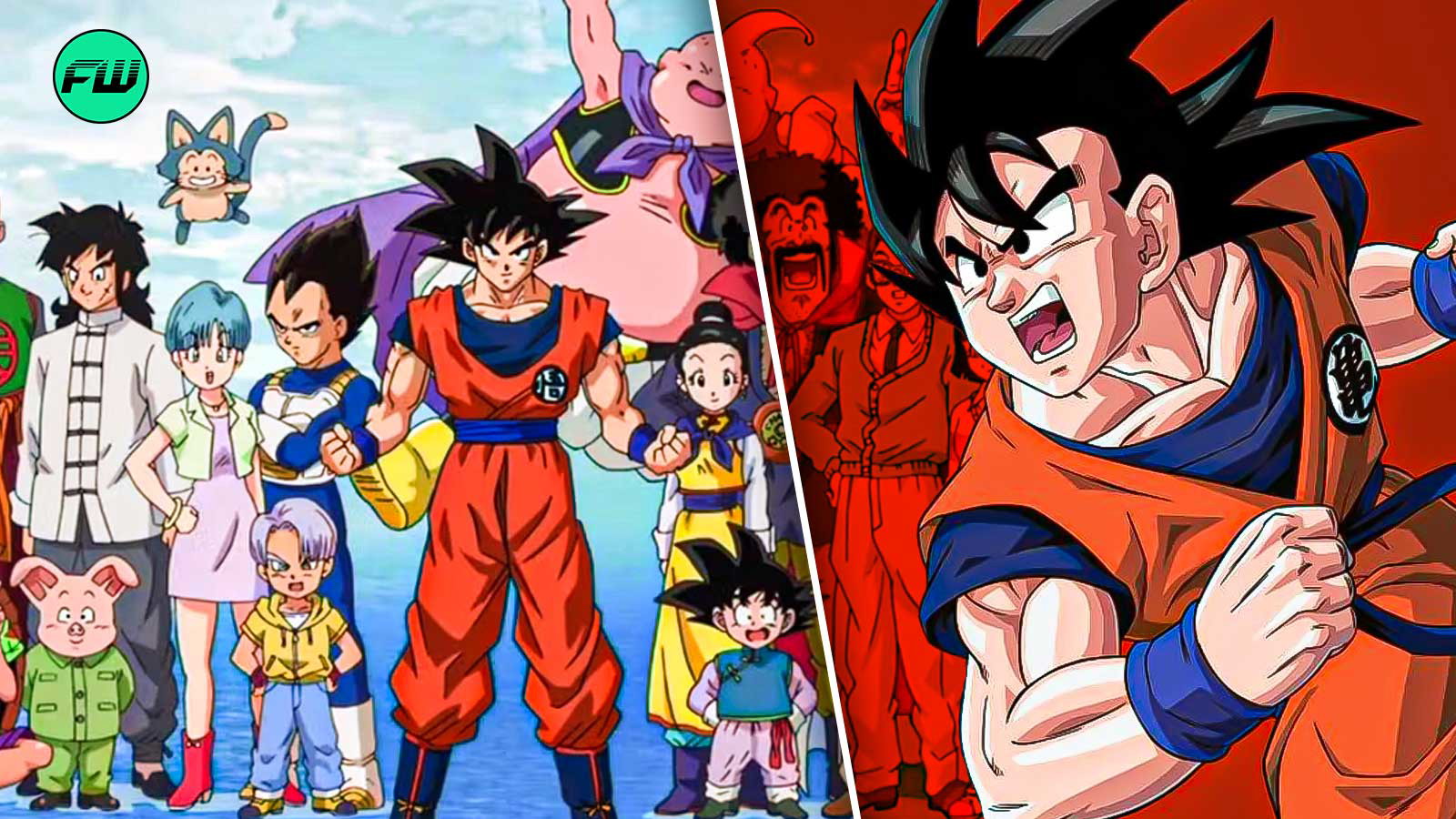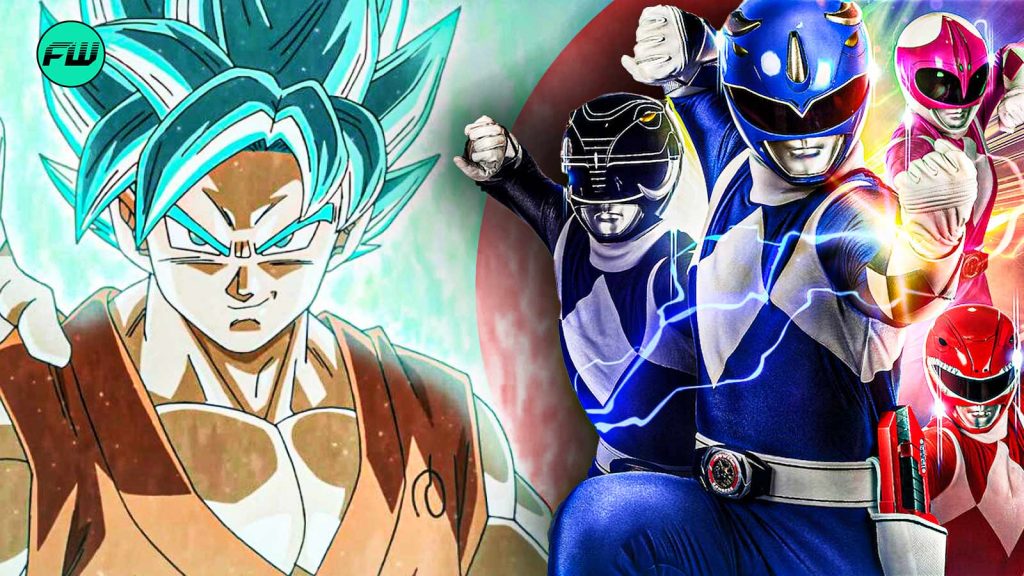While most creative works are bound to go through rejections, Akira Toriyama considered it nothing but a speed bump in the making of the legendary Dragon Ball series. Toriyama has been rejected time after time, but he never gave up on the hope despite the rejections.
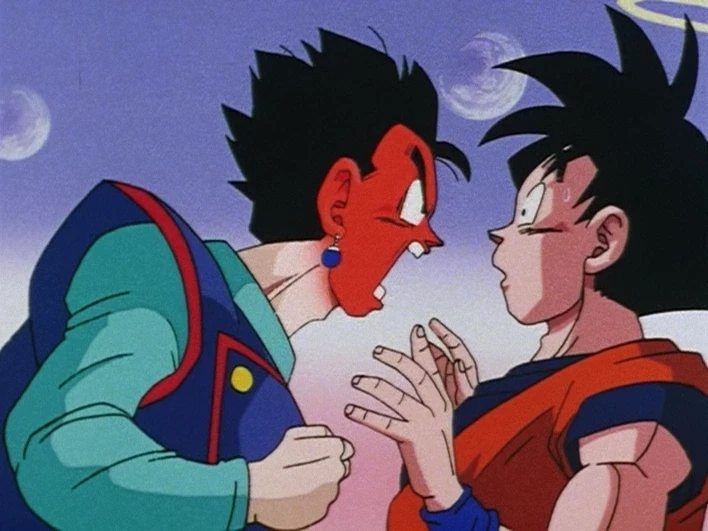
That optimism eventually created Dragon Ball, breaking all of the rules, and gathering readers from every corner of the globe. Now you might be wondering, how exactly Toriyama’s unshakeable hope turned rejection into a catalyst for innovation and success!
The Publishers Rejected 500 Pages of Drafts That Was Initially Written For The Dragon Ball series
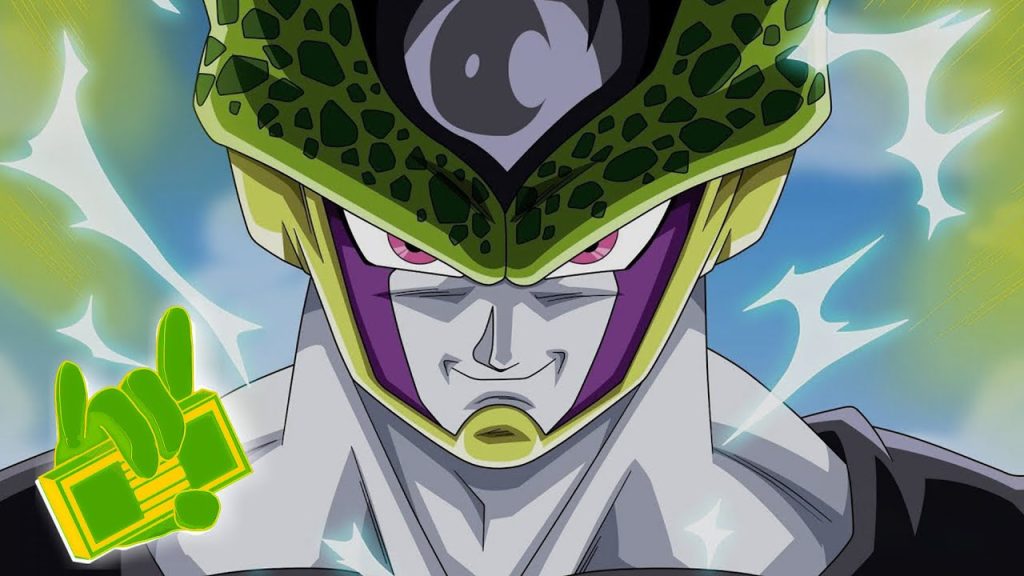
Before creating the now-legendary manga title Dragon Ball, Akira Toriyama obviously suffered a staggering amount of rejection. That equates to a total of 500 pages of draft manuscripts that got rejected—more than enough to have stopped many other creators in their tracks. That is something that did not stop Toriyama from growing, rather, he learned from each and every one of them.
While these were rejected drafts that were for sure not to be considered for publishing, it was also these that became a saving grace. They later turned into a fund of inspiration for Toriyama. He would actually draw from these ideas, develop, and imagine again until they became part of the Dragon Ball narrative.
About 500 pages of drafts had been rejected by publishers before I debuted. I take a lot of ideas from these rejected drafts. And I think I even used some of those stories…
In fact, Akira Toriyama himself has admitted in a joint interview with Rumiko Takahashi (the author of Urusei Yatsura, Inuyasha), that some of these stories and ideas (part of those rejected drafts) have made their way into the series and account for the long-standing success it has had.
Akira Toriyama Used The Rejected Ideas As Building Blocks For His Work
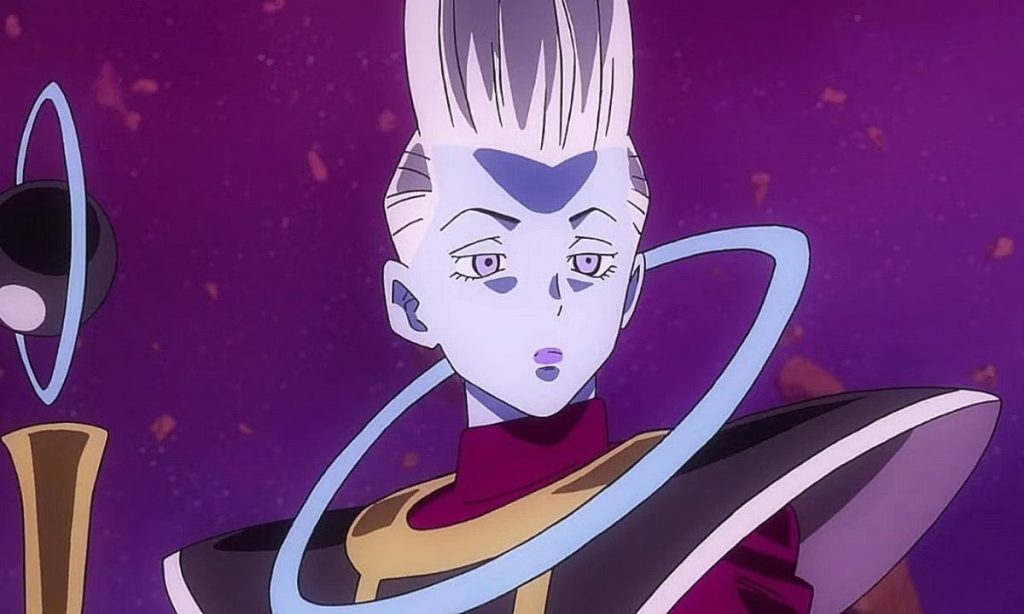
Toriyama’s admission spoke volumes of the emotional price of rejection. It revealed his desperation to the point of getting really depressed when his drafts were first returned.
No kidding! When these drafts were rejected, I was really depressed.
That, however, later turned into a success story since he was determined to actually succeed and make good on the ideas. He says with an air of victory,
I call it even when I take advantage of them later.
This was one hell of a demonstration of Toriyama’s resilience while his career could have been put to an end. He certainly turned the situation in his favor in order to create his most iconic work that defined the modern Shonen genre as a whole.
Toriyama’s struggle to create the extremely famous Dragon Ball series didn’t let him bow down to those rejections. His process in creating this legendary series keeps reminding one that success can sometimes be very harsh, and often needs the head-butting of grit and determination.
You can watch the Dragon Ball series on Crunchyroll.

